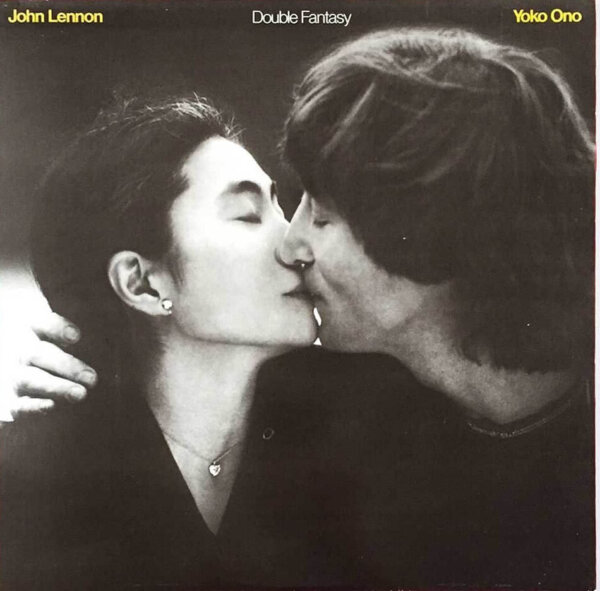Synchronicity – The Police (1983)

Peak position: #1
Singles:
- “Every Breath You Take” (#1)
- “Wrapped Around Your Finger” (#8)
- “Synchronicity II” (#16)
- “King of Pain” (#3)
Perhaps it takes a bit of adversity to make a masterpiece.
The Police, a UK band that arose from the ashes of punk in the late 1970s, had grown more popular with every album, but the tension within the band had grown progressively worse. Bass player Sting was perfecting his songwriting chops and was beginning to take control of the recording process — and the band.
This new hierarchy didn’t sit well with drummer Stewart Copeland and guitarist Andy Summers, and the recording of their fifth album, Synchronicity, was like a powder keg. The band would break up after the release of the album and subsequent tour.
But they went out with a bang. Synchronicity yielded three Top 10 singles, including “Every Breath You Take,” which stood atop the U.S. singles chart for eight weeks.
Synchronicity: a concept album?
Synchronicity can be seen as a demo of Sting’s first solo album. He declared his independence from his former group on 1985’s The Dream of the Blue Turtles, a smart fusion of jazz and pop. And you can hear the beginnings of that sound on Synchronicity. The group put away the sharp reggae-infused new wave music it had become famous for and created what seems like two separate albums: Side 1, an artsy, free-form collection of obtuse and sometimes bizarre tunes (Summers’ “Mother” is an Oedipal, crazed confession); and Side 2, which consists mostly of pop music — three of the side’s five songs were hits.
Two songs called “Synchronicity” bookend Side 1. “Synchronicity I” introduces the theme of the album, which comes from Karl Jung’s concept that describes circumstances that aren’t connected but appear related. “A connecting principle / Linked to the invisible,” Sting sings as the band launches into a frenzied soundscape led by Copeland’s frenzied drumming.
“Walking in Your Footsteps” incorporates African percussion and a simple melody to continue the theme, equating the nuclear race to the extinction of the dinosaurs. “O My God” is a lament featuring a funky Sting bassline that offers a stark contrast to the painful lyrics: “No matter what you say / How can I turn the other cheek / It’s black and bruised and torn.” “Synchronicity II” ends the theme — and the side —with more, well, synchronicity, as Sting likens the hidden despair and rage in a father’s life to a monster coming out of a Scottish loch.
The hits
“Every Breath You Take,” which opens Side 2, would be like a splash of cold water if it weren’t so soothing. The straight beats and simple chord progressions mask the real meaning of the song, which deals with obsession. Many couples have made the ballad their song, not paying attention to the lyrics, which paint a creepy picture: “Every move you make . . . every step you take, I’ll be watching you.”
“King of Pain” and “Wrapped Around Your Finger” are new wave jewels, their slower pace continuing the relaxed nature set by the opening number. But they couldn’t be more different; “King of Pain” is ghostly but retains the distinct Police sound, while “Wrapped Around Your Finger” is lazy and dreamy, with Sting singing about domination: “I will turn your face to alabaster / When you’ll find your servant is your master.”
Domination is one thing the band members couldn’t take, and Sting took his songs and became a successful solo artist. Copeland and Summers were also successful in their own right, if not as famous. But like most bands that break up, the three musicians couldn’t equal the success of their former project and their final album.


